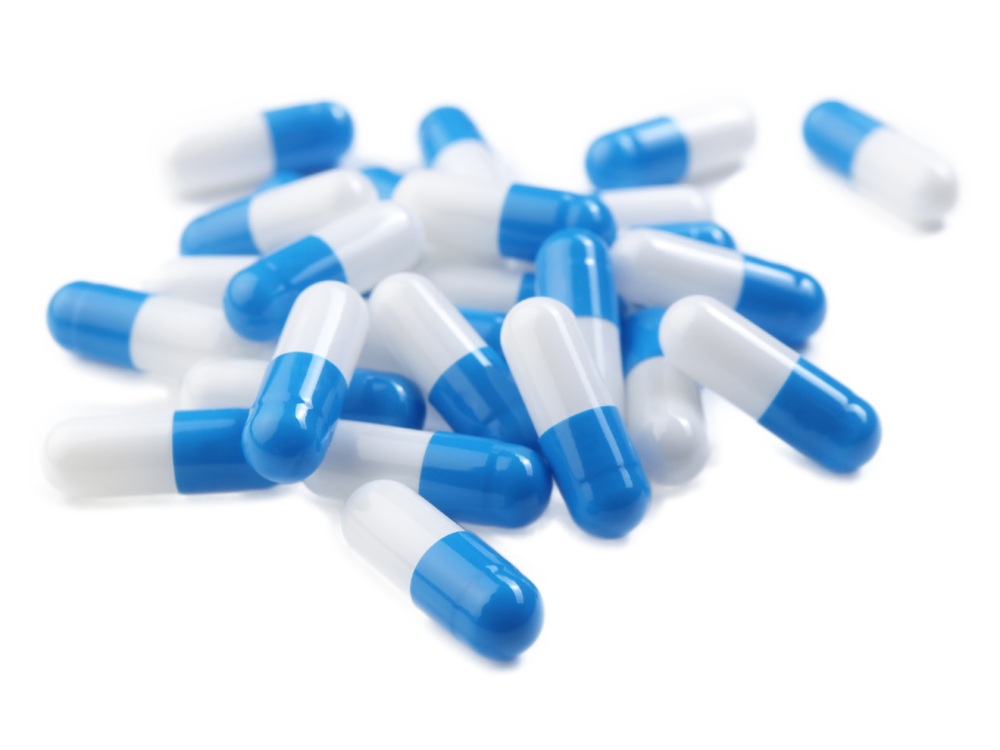
This image has format transparent PNG with resolution 1000x750.
You can download this image in best resolution from this page and use it for design and web design.
Pills PNG with transparent background you can download for free, just click on download button.
A tablet is a pharmaceutical oral dosage form (oral solid dosage, or OSD) or solid unit dosage form. Tablets may be defined as the solid unit dosage form of medicament or medicaments with suitable excipients. It comprises a mixture of active substances and excipients, usually in powder form, pressed or compacted from a powder into a solid dose.
Tablets are prepared either by molding or by compression. The excipients can include diluents, binders or granulating agents, glidants (flow aids) and lubricants to ensure efficient tabletting; disintegrants to promote tablet break-up in the digestive tract; sweeteners or flavours to enhance taste; and pigments to make the tablets visually attractive or aid in visual identification of an unknown tablet. A polymer coating is often applied to make the tablet smoother and easier to swallow, to control the release rate of the active ingredient, to make it more resistant to the environment (extending its shelf life), or to enhance the tablet's appearance. Medicinal tablets were originally made in the shape of a disk of whatever color their components determined, but are now made in many shapes and colors to help distinguish different medicines. Tablets are often stamped with symbols, letters, and numbers, which enable them to be identified. Sizes of tablets to be swallowed range from a few millimetres to about a centimetre.
The compressed tablet is the most popular dosage form in use today. About two-thirds of all prescriptions are dispensed as solid dosage forms, and half of these are compressed tablets. A tablet can be formulated to deliver an accurate dosage to a specific site; it is usually taken orally, but can be administered sublingually, buccally, rectally or intravaginally. The tablet is just one of the many forms that an oral drug can take such as syrups, elixirs, suspensions, and emulsions.
Pills are thought to date back to around 1500 BC. Earlier medical recipes, such as those from 4000 BC, were for liquid preparations rather than solids. The first references to pills were found on papyruses in ancient Egypt, and contained bread dough, honey or grease. Medicinal ingredients, such as plant powders or spices, were mixed in and formed by hand to make little balls, or pills. In ancient Greece, such medicines were known as katapotia ("something to be swallowed"), and the Roman scholar Pliny, who lived from 23-79 AD, first gave a name to what we now call pills, calling them pilula.
Pills have always been difficult to swallow and efforts long have been made to make them go down easier. In medieval times, people coated pills with slippery plant substances. Another approach, used as recently as the 19th century, was to gild them in gold and silver, although this often meant that they would pass through the digestive tract with no effect. In the 1800s sugar-coating and gelatin-coating was invented, as were gelatin capsules.
In 1843, the British painter and inventor William Brockedon was granted a patent for a machine capable of "Shaping Pills, Lozenges and Black Lead by Pressure in Dies". The device was capable of compressing powder into a tablet without use of an adhesive.
A pill was originally defined as a small, round, solid pharmaceutical oral dosage form of medication. Today, pills include tablets, capsules, and variants thereof like caplets — essentially, any solid form of medication colloquially falls into the pill category.
An early example of pills came from Ancient Rome. They were made of the zinc carbonates hydrozincite and smithsonite. The pills were used for sore eyes, and were found aboard a Roman ship Relitto del Pozzino which wrecked in 140 BC. However, these tablets were meant to be pressed on the eyes, not swallowed.
In this gallery you can download free PNG images: Pills, tablets PNG images free download, pill PNG